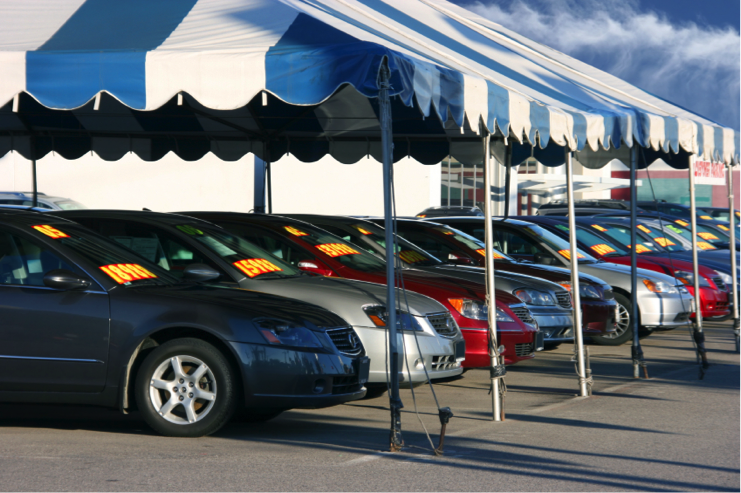
Repercussions of a Recall
In 2013, twenty-two million vehicles were recalled. Toyota owners took the hardest hit – the company recalled the most trucks and cars compared to any other manufacturer. The most recent ongoing recall disaster is with General Motors, who already issued recalls on six million vehicles in 2014 alone. Although we concern ourselves with the financial setbacks a recall can have on car owners (particularly those who are not provided with replacement vehicles), professionals pursuing auto careers such as car sales and manufacturing also suffer heavily from these events.
When a recall occurs, car owners are usually advised to bring their vehicle to the dealership where it was purchased, as the dealership has a direct link to the manufacturer. The dealership will then be paid by the manufacturer to repair the recalled vehicles. Although these millions of repairs sound expensive, manufacturers actually end up suffering more heavily with the cost of their tainted public image and potential lawsuits which can erupt from the recall.
How Does a Dealership Handle a Recall?
Those who have learned about recalls in auto sales college know that they are just another every-day part of life at a dealership. If the problem is fixable, the dealership will have an automotive service technician perform the repairs on-site and at the cost of the manufacturer. In some cases, the dealership will issue the car owner a temporary vehicle until the repairs are complete.
In terms of car sales, a recall can seriously affect business for a specific auto dealer (for example, a Toyota dealership), and also force them to spend valuable time fixing recalled vehicles they have in stock. In the case of a used car dealership, there is the concern about recalled cars getting traded or re-sold – without ever receiving the necessary repairs. When it comes to this problem, the VIN database can help resolve the mystery behind an automobile’s safety history. Used car dealers can use the car’s Vehicle Identification Number (VIN), often found on the vehicle’s dash or registration, to check for any outstanding recalls for the year and model of vehicle.
Have any of the recent auto recalls swayed your confidence in a particular auto maker?


